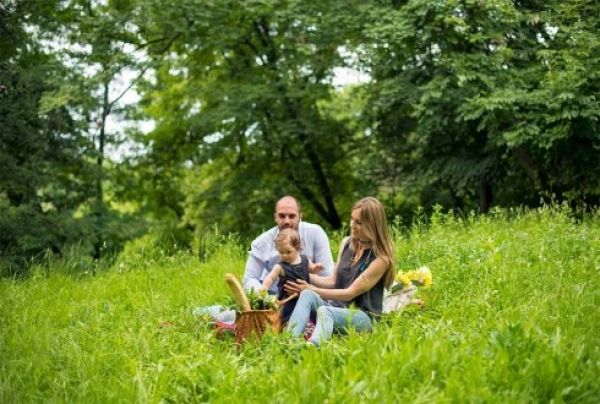Collectively organising agricultural nature management leads to increased levels of trust between those involved, as well as to a more confidence in the policy. This conclusion was formulated by researchers from Wageningen University & Research following a two-year study of one of these collectives, Agricultural Nature Drenthe (known by its Dutch acronym AND). Their conclusion reflects findings gathered through discussions with farmers, AND-employees, civil servants and other stakeholders.
Agricultural nature management contributes significantly to biodiversity in the European rural areas, is an important instrument in rural policy and is the second pillar in the European Common Agricultural Policy (CAP). Farmers receive compensation for their efforts in implementing agricultural nature management policy through subsidies, partly funded by Europe. Management measures generally applied in the Netherlands are: Postponing mowing to protect pasture birds, planting herb-rich borders to attract more insects and food for the birds that inhabit the fields, as well as conservation of landscape elements such as wooded banks and pools.
Continue reading at Wageningen University & Research
Image via Wageningen University & Research


